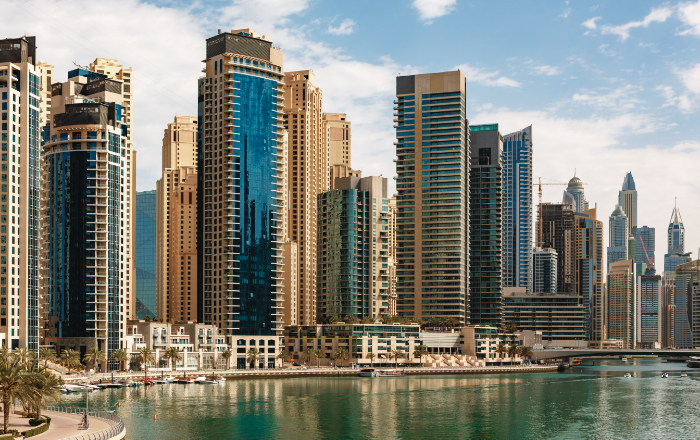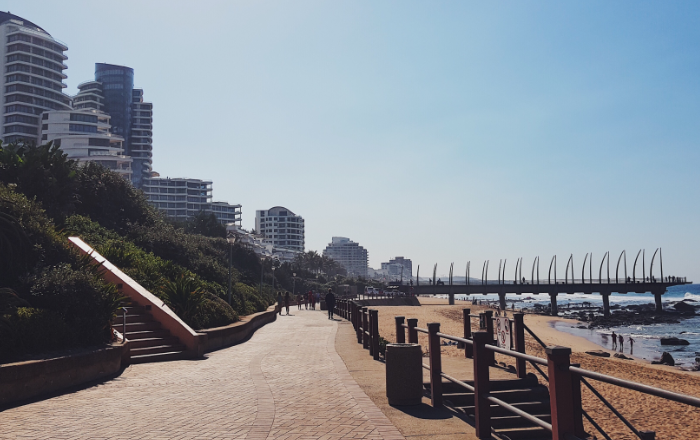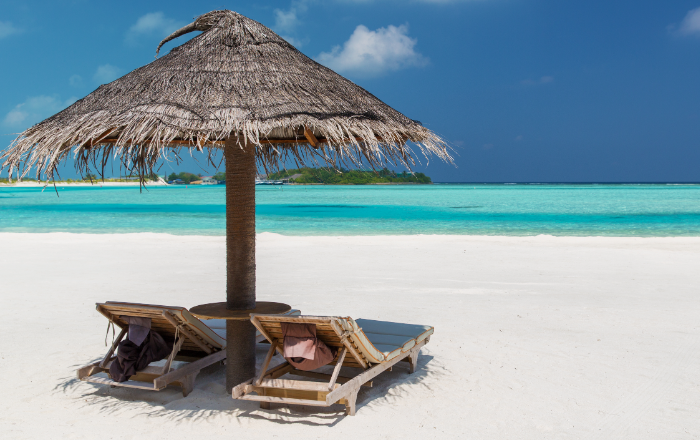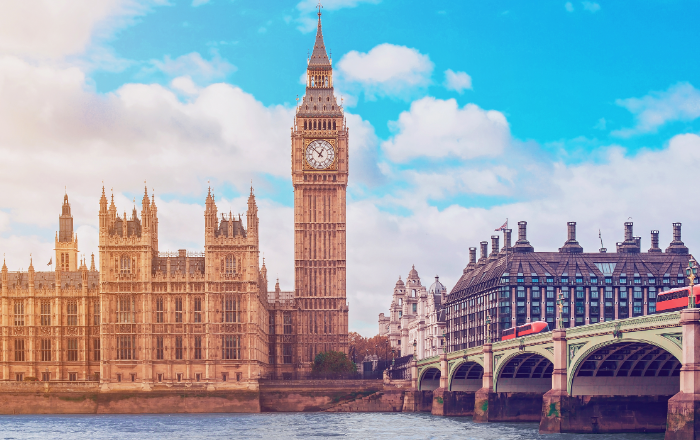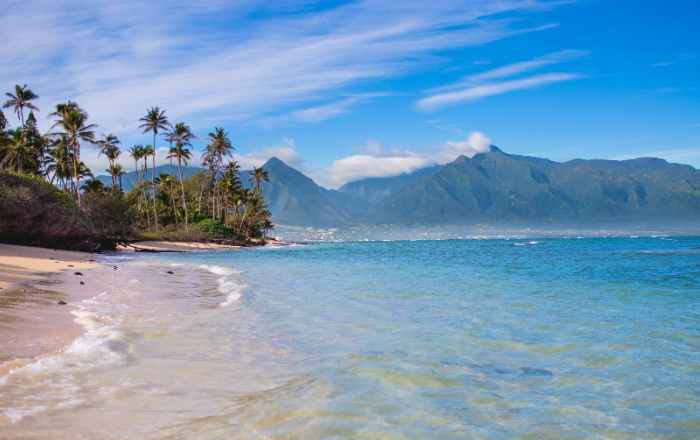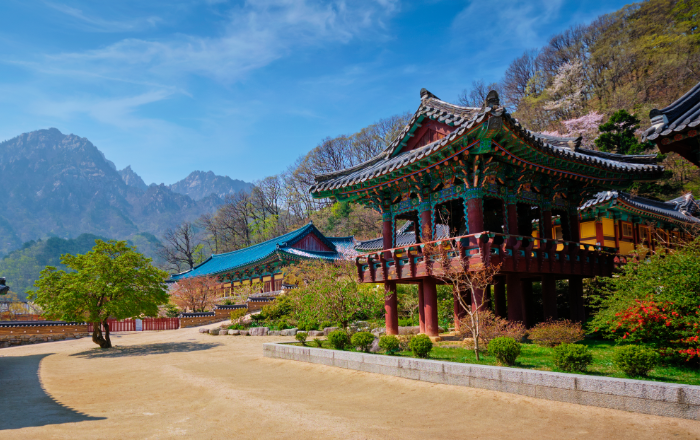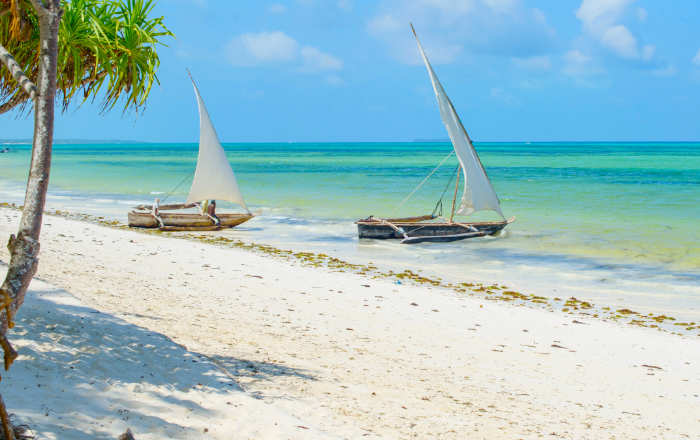Flight tickets from Port Elizabeth to Sokch'o
Welcome to the fascinating and historic country of South Korea! Boasting a rich culture and vibrant cities, South Korea is one of the most visited regions in Asia. South Koreans are known for their commitment to education, deep respect for elders, and appreciation of traditional customs. With a strong economy and world-class railways, South Korea is becoming increasingly popular as a tourist destination. This text will explore the history, culture and attractions of this vibrant country.
Getting to Know South Korea
South Korea is a country located in East Asia and is bordered by North Korea, the Yellow Sea and the Sea of Japan. The total population is approximately 51.4 million. The official time zone is Korea Standard Time (KST) and it is 9 hours ahead of Greenwich Mean Time (GMT +9). The official language of South Korea is Korean, however, English is widely spoken in the cities with many South Koreans being educated in the language. Other languages spoken in the country include Chinese, Japanese, German and French. The currency of South Korea is the Korean Won (KRW). Usually transactions within the country are done in cash, however, many businesses and stores accept credit cards and traveller’s cheques. The exchange rate is around 1,000 KRW to 0.83 USD and 1,000 KRW to 0.71 GBP.
Climate and Weather
South Korea experiences a predominantly temperate climate with four distinct seasons. The country is located in both a subtropical and a continental climate zone, affected by the East Asian monsoon system. Most of South Korea has a humid subtropical climate with hot, humid summers and cold winters with heavy snowfall. The country also experiences an average annual rainfall of 1,208mm. Winters in South Korea are particularly cold, lasting from December through February, with temperatures typically ranging from -5 to -10 ° C. Summers are hot and humid, with temperatures averaging 25-28 °C. The southern coast of South Korea is the warmest area of the country, with temperatures occasionally reaching 30 °C. Additionally, the areas close to the Sea of Japan experience a moderate oceanic climate, with mild summers and cold, snowy winters. Spring and autumn are generally mild, and South Korea experiences a brief cherry blossom season in April.
Touring South Korea: Airport and Transportation
There are 4 airports in South Korea: Gimpo International Airport (GMP), Seoul Incheon International Airport (ICN), Jeju International Airport (CJU), and Cheongju International Airport (CJJ). You can travel from the main airport – Incheon International Airport – to downtown in South Korea using the Airport Railroad Express (AREX) at a cost of 8,000–14,000 won. You can also take the city bus at a cost of 10,000–16,000 won. Yes, you can change money at South Korea's airports. There are several exchange booths in the international terminal at Incheon International Airport, as well as at the other airports.
Exploring the Rich History and Culture of South Korea
- South Korea is known for its rich culture and history. Visitors can explore ancient royal palaces, Buddhist temples, and monuments of the nation’s tumultuous past.
- Korea is home to many special events and festivals. From city-wide festivals to holiday celebrations, South Korea has something for everyone to enjoy.
- South Korea offers a great selection of traditional cuisine, from classic Korean dishes to international fare. Traditional restaurants and outdoor markets are a great way to sample Korean culture
Q&As for booking flights from Port Elizabeth to South Korea
How long is the flight from Port Elizabeth to South Korea?
There are no direct flights from Port Elizabeth to South Korea, so the flight time will vary depending on the route taken and the number of stops.
How far is the flight from Port Elizabeth to South Korea?
Non-stop flight time from Port Elizabeth to Seoul is around 16 hours 50 minutes.
Which airlines fly direct from Port Elizabeth to South Korea?
No airlines fly directly from Port Elizabeth to South Korea.
How many airports are there in South Korea and what are their official names.
There are four international airports in South Korea: Incheon International Airport, Gimpo International Airport, Jeju International Airport, and Yangyang International Airport.
How many flights are there a week from Port Elizabeth to South Korea?
There are zero flights a week from Port Elizabeth to South Korea.
When is the cheapest time to buy a ticket from Port Elizabeth to South Korea?
The cheapest time to buy a ticket from Port Elizabeth to South Korea is typically when ticket prices are at their lowest, which is typically around 3 months before the date of departure.
How can i get from the main airport to downtown in South Korea and how much does it cost?
The most economical way to get from the airport to downtown is by bus. A one-way ticket will cost around $10.
